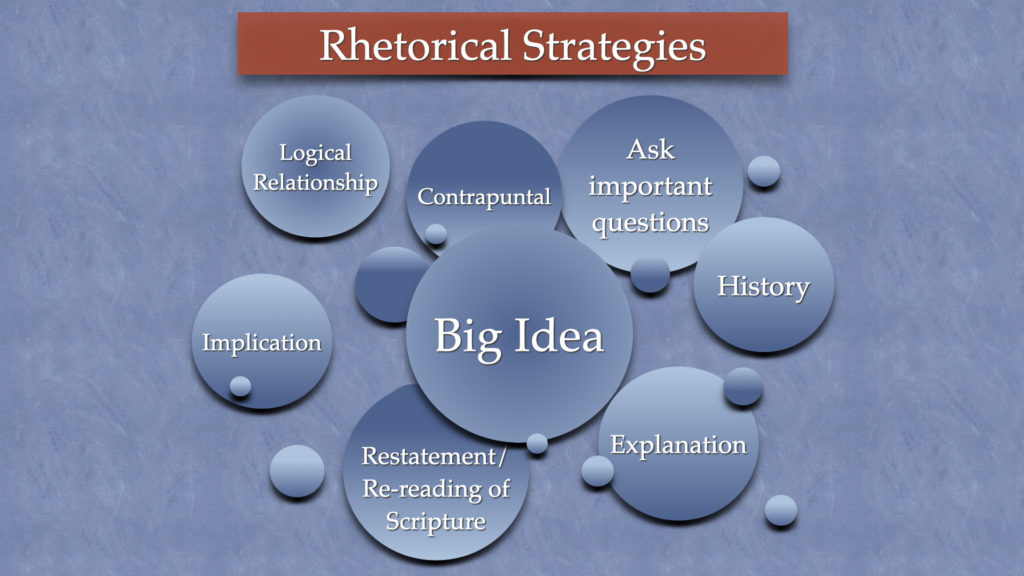
One of my mentors, the late, Dr. Haddon Robinson, taught me about the difference between preaching and lecturing. He put it this way:
“We don’t talk to our listeners about the Bible; we talk to them about them from the Bible.”
My wife, Michele, recently had an opportunity to listen to another preacher from a local church. I don’t blame her. To quote my mentor again, she’s heard enough poor sermons in her lifetime–bless her heart–it’s no wonder she’s still a Christian. [I’ve preached over 2,000 sermons and she’s heard most of them!]
So, I asked her the question that ranks second in my order of importance:
“Was the preacher talking to you about the Bible or talking to you about you from the Bible?”
Without hesitation she replied: “The first one.”
The first scenario, the lecturer’s stance, does not require listeners. Take a look at last week’s sermon or what you have developed so far this week and ask yourself whether or not the way it sounds requires listeners.
Michele followed that up with this insight:
“But if you believe your assignment is to teach the people [insert a book of the Bible or theological concept], then it makes sense to preach like that.”
But if our responsibility is to watch over souls (Hebrews 13:17), then we approach the sermon differently. We talk to them about them from the Bible because we are shepherding them in the moment, urging them to worship our Lord during the teaching.
As you continue to prepare for this weekend’s assignment, as yourself whether you are taking the lecturer’s stance or the preacher’s.
While I am convinced our Lord can receive glory in the church and in Christ Jesus (Ephesians 3:21) either way, I am also convinced you and I are being more responsible soul-watchers to the degree that we continue to talk to them about them from the Bible.
Randal
P.S. By the way, in case you’re interested, the first question of importance is, “Did the preacher preach with accuracy, faithfully saying what God is saying?”












